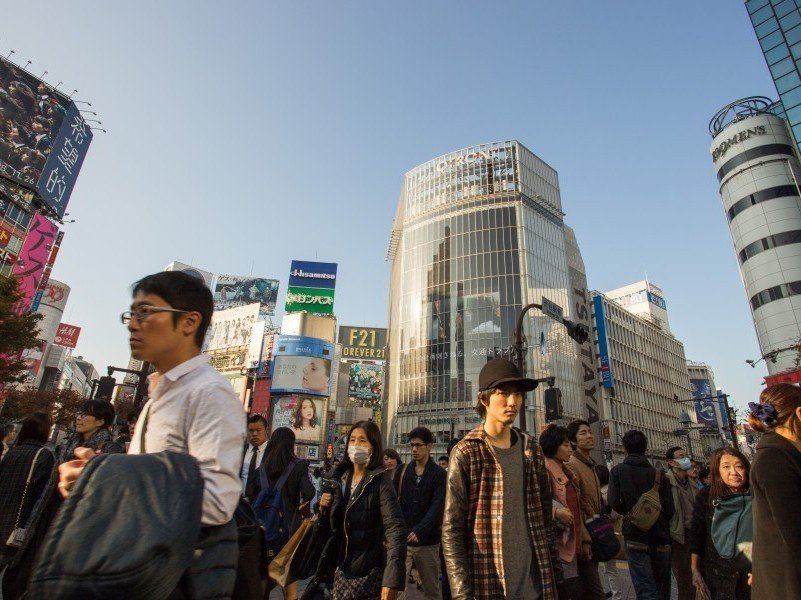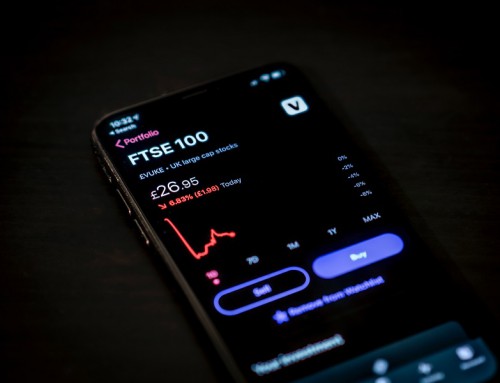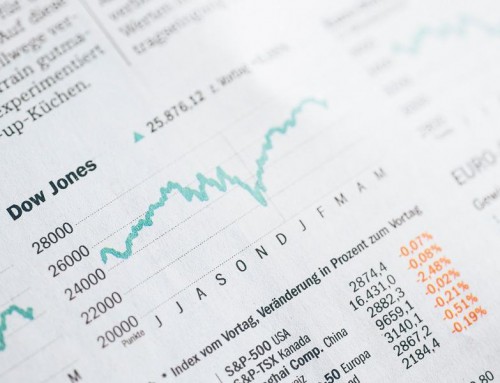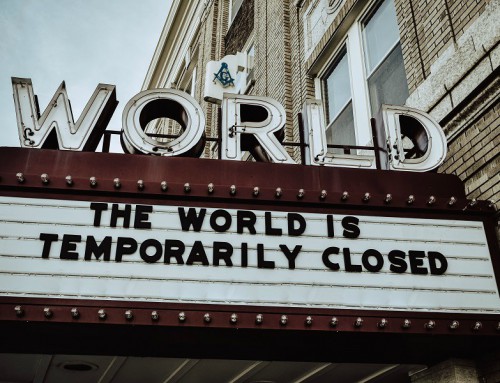Some clients have asked me why am I so negative about the Japanese economy. I had previously explored investing in Japanese property and do look to trade the Japanese Yen against the US Dollar but overall I find that the Japanese government and namely the current Prime Minister of Japan, Shinzo Abe, very lacking in their economic fundamentals. Here is a short, albeit technical analogy of where the Japanese economy is.
A government earns money by collecting taxes. It can spend this revenue on things like building infrastructure and welfare services. If tax revenues are insufficient, the government can borrow money from the public or from other countries to fund its expenditure. As with borrowing, the government will need to pay back the principle as well as interest on the borrowed amount.
At the end of 2012, Japan’s debt was 23 times its revenue. Simply put, for every $1 that it earned, it had about $23 which it owed. The more alarming issue was that about a quarter of the governments revenues was spent paying off just the interest on the money it had borrowed over the years. This interest was already at a very low rate of about 1%. If interest rates were to rise to about 4%, the government of Japan would be spending all of its revenue from taxes just to pay off the interest on the amount of money that it had borrowed. Imagine an analogy of a person earning $5,000 a month and all $5,000 a month goes into paying off just the interest on his loans. He would have nothing left for himself after every paycheck and he would then have to try to further borrow more money just for his daily expenses. Eventually his paycheck will not be enough to pay off even the interest of his loans and he would default on his payments. This similar scenario occurred in Greece which the Japanese government must try to avoid. The important figure to remember is that at about 4%, the Japanese government would be spending all the money it earns on paying off interest alone.
How then is Shinzo Abe wrong about his plan to stimulate the economy? Let us take a look at his plan or what he calls “Abenomics”. The crux of the plan is to try to get consumer prices to rise by 2% every year. In short, the inflation target is 2%. Now let us look at the two groups of people who purchase government debt. The Japanese investors and the foreign investors.
The Japanese investor is used to deflation or falling prices. Prices tend to fall every year and the Japanese see this as a rise in the real value of their money. So consumer prices fall by about 1% every year and they are used to receiving a 1% nominal yield on the government bonds which they had bought. This to them means that they are receiving a real yield of 2% per annum. However, Abenomics is going to target inflation to hit 2%. This would mean that for the Japanese investor to continue to receive a real yield of 2%, the nominal yield on the government bond must be 4%. This is the point where all of government revenues will be used to fund just the interest on the money which they have borrowed.
Before Abenomics:
Consumer Prices (-1%), Interest from Government Bonds (1%) = Real Return of 2%
After Abenomics:
Consumer Prices (2%), Interest from Government Bonds (1%) = Real Return of -1%
How to keep real return at 2%? Interest from Government Bonds has to be 4% so that
Consumer Prices (2%), Interest from Government Bonds (4%) = Real Return of 2%
It would be a good point to note that a large percentage of the Japanese government debt is owned by Japanese households. This however is changing rapidly as Japan is facing a rapidly aging population and yet is sticking to its very inflexible and strict immigration policies. Eventually as the population ages and there are fewer young Japanese, the amount of money that the local population can fund government debt will decline. This is where foreign investors can come in to fill this gap.
In today’s extremely low interest rate environment, foreign investors may view Japanese government debt with returns of 1% or less per annum as something acceptable. However, as the global economy recovers and the US Federal Reserve starts to increase interest rates, it may take a higher interest rate to entice foreign investors to lend money to the Japanese government. Two things can then occur. The Japanese government will not have the money to spend on running and improving the country or it starts to lend money at a higher interest rate which may hit the critical 4%. Both scenarios end rather badly.
This is why I am extremely bearish on Japan as an economy. Greece’s default sent huge shock waves through the global economy and it is the 46th largest economy in the world. Imagine a default by Japan, the world’s 3rd largest economy.
Yours Sincerely,
Daryl Lum






